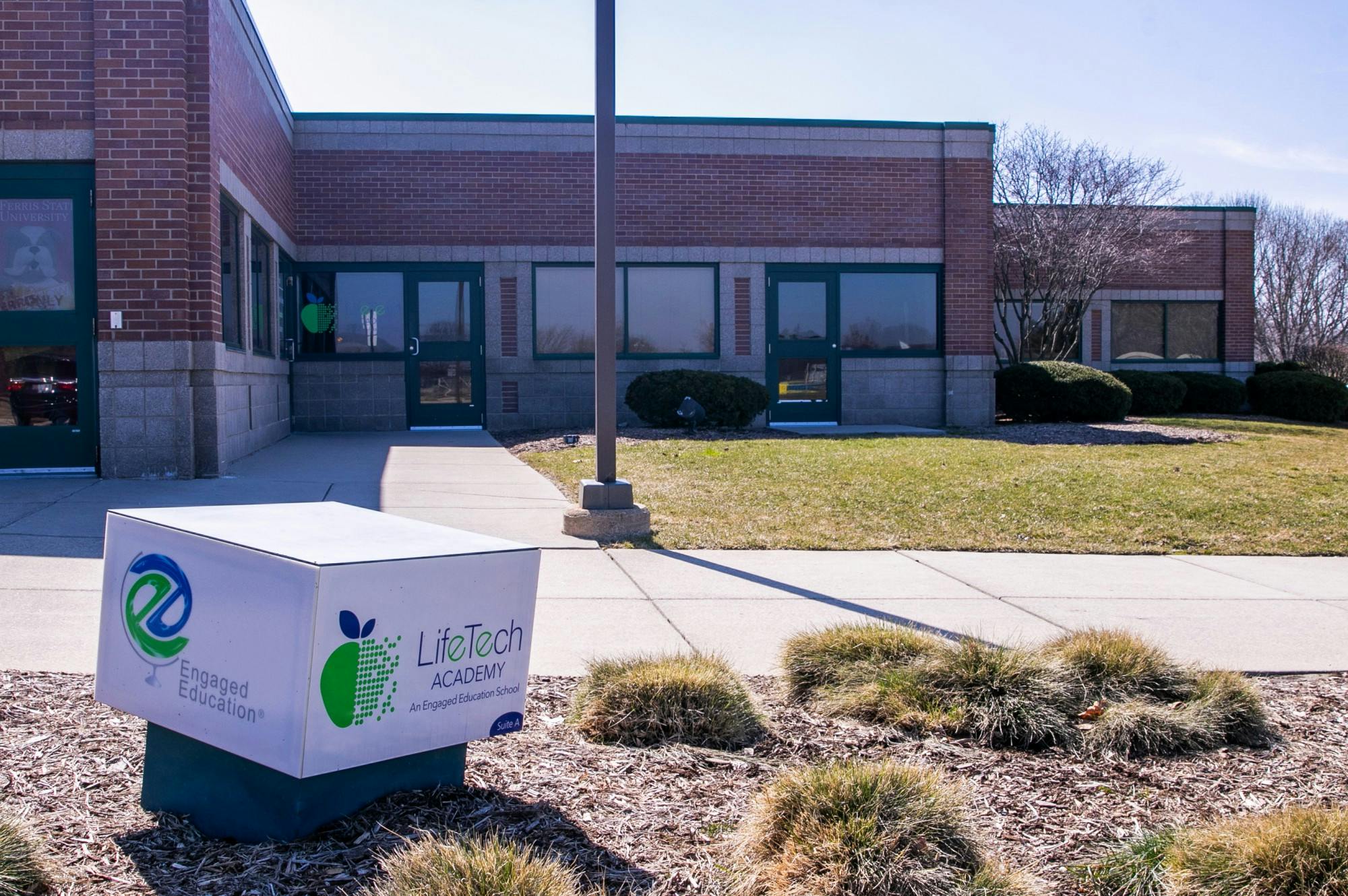Engaged Outreach, a Michigan nonprofit focused on providing a proactive approach to social and mental well-being, is working to improve youth mental health and combat rising suicide rates among youth and young adults.
The program currently serves two school districts — the Lifetech Academy in Lansing and Ovid-Elsie Area Schools in Elsie — comprising 200 students, but hopes to expand its reach statewide.
Executive Director of Engaged Outreach Matthew D. Anderson, who graduated from Michigan State with a bachelor's degree in hospitality business, said he got involved with the program after working with school districts and seeing the outcomes and value of what was being done. Over the last two years, he became increasingly involved and was asked to lead the nonprofit after demonstrating a passion for its goals.
“What we originally were trying to do was give kids a positive attitude,” Anderson said. “The objective was, maybe we can decrease disciplinary issues and increase community engagement within our school.”
Through the nonprofit, students engage in the “My LIFE” program, which stands for leadership, intention, focus and enthusiasm. Anderson said the main goal is to help young people live the lives they want to live, feel comfortable and confident in themselves and to have better mental health. In doing so, the hope is to give these students “resilience, grit and a sense of agency.”
The program operates during the school day and students are automatically enrolled unless they choose to opt out. Instructors lead students in an engaging and interactive environment where students contribute to each other’s successes.
With this, Engaged Outreach discovered that many students no longer reported depression or suicidal thoughts following its completion.
“Many children are only offered mental health services reactively, after they’ve demonstrated self-harm or have attempted to take their lives. Engaged Outreach’s program focuses on offering help before situations progress that far,” Brianna Zimmer, a public relations specialist, said in a press release.
There are numerous reactive solutions in the mental health space for depression, but there’s nothing really proactive to stop these behaviors before they become a major issue, Anderson said
“Truly, it's changing the dynamic entirely,” Anderson said. “Instead of being anti-anything, it's being proactive — developing compassion and empathy.”
The program is individualized for each student, with a training team focusing how it’s delivered based on the needs of the individual. This way, everyone gets the outcome they need and want based on their intentional focus, Anderson said.
Last year during the program, eight students in a class of 44 shared with him that they had contemplated suicide. Shared experiences of how this course has helped students is what reminds him of the importance of this work, he said.
According to the Michigan Profile for Healthy Youth Survey, Anderson said 37.3% of Michigan teenagers currently experience depression in any given year. For the tri-county Ingham, Eaton and Clinton County area, 39.5% reported the same feelings.
Recent data in the National College Assessment survey reports 65.7% of college students self-reported overwhelming anxiety, 45.1% reported depression levels making it difficult to function and one in eight respondents seriously considered suicide.
“The need is tremendous for the work that we’re doing here, and that’s why we are focusing really at the high school level,” Anderson said.
Moving forward, he said the hope is to demonstrate that this program truly manifests mental health improvements and to achieve a statewide implementation of the program to ensure all kids have resources to combat depression and suicide rates.
Anderson said Engaged Outreach plans to work collaboratively with school district administrators in the future to document outcomes and ensure the successes already seen are consistently occurring.
"It's really been an incredibly powerful, meaningful and life-changing experience for these kids and I'm honored to have an opportunity to play a part in it," Anderson said.
Support student media!
Please consider donating to The State News and help fund the future of journalism.
Discussion
Share and discuss “Local nonprofit focuses on improving youth mental health in Michigan schools” on social media.








